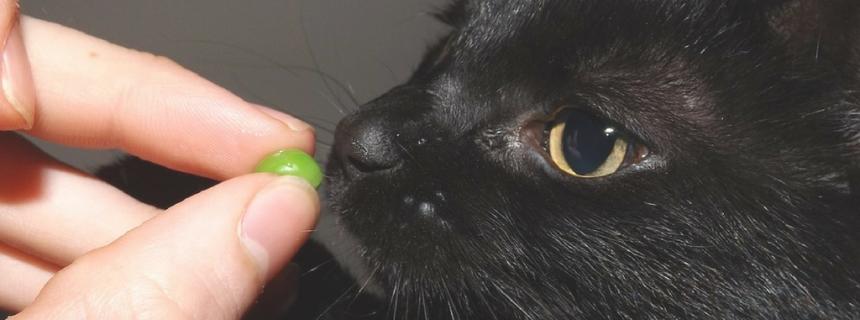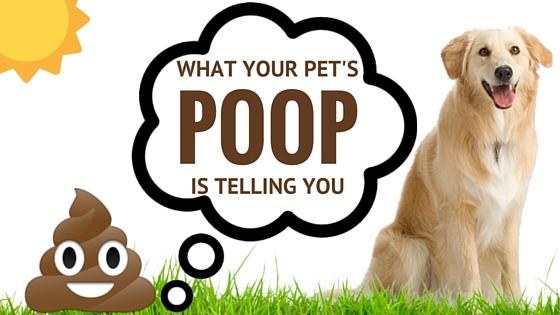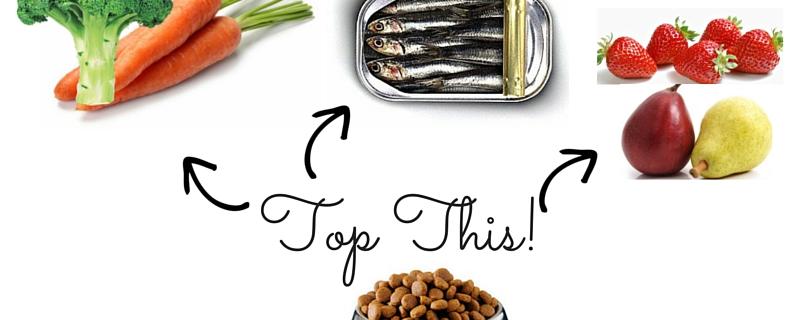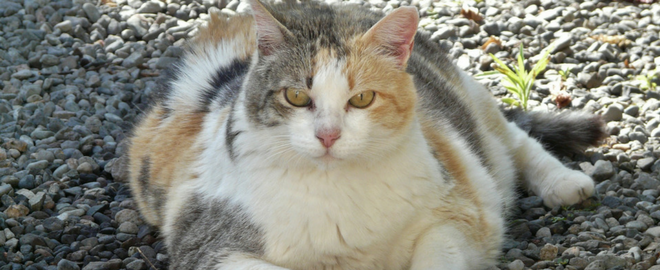This collection of Dog Nutrition articles has been curated for you by 4 Paws Veterinary Care. If you would like to talk to a veterinarian, please give us a call at 518-300-4279.
Veterinary Veggies: Should You Add Some Home Cooking to Your Pet’s Diet?
You and your pet both know the rule: No table food! On occasion, however, your vet may actually recommend human fare for your furry friend. What’s the deal?
Vegetables are an excellent source of antioxidants—dietary substances that can repair and prevent damage to the body’s cells—for both humans and animals. While antioxidants in tablet form only contain a handful of different antioxidants, vegetables can contain hundreds, many of which work together for an even more powerful effect.
Read More
Get the Scoop: What Your Pet's Poop is Telling You
We know it can be an icky subject to talk about- but there is a lot about your pet’s stool that can be an indicator of their health. Not only is it important to monitor what goes into their body, but it is also necessary to keep an eye on what’s coming out.
Read More
Top This! 5 Healthy Dog Food Toppers
Not everyone has time to cook meals for their dog, but with a little effort, you could try adding some healthy toppers to their dry food that you already give them! Here are the top 5 foods we suggest to give a try:
Read More
A Pet's Guide To Weight Loss
Obesity is an accumulation of excessive energy stored by adipose (fatty) tissue sufficient enough to contribute to disease. It is the most common form of malnutrition in our companion animals and it is growing in frequency due to an increasingly sedentary lifestyle coupled with highly-palatable, energy-dense food sources.
Obesity can significantly increase the risk of various diseases and can negatively impact both the quality of life as well as the life span of our pets.
Read More
A Pet's Guide to Weight Loss
Obesity is an accumulation of excessive energy stored by adipose (fatty) tissue sufficient enough to contribute to disease. It is the most common form of malnutrition in our companion animals and it is growing in frequency due to an increasingly sedentary lifestyle coupled with highly-palatable, energy-dense food sources.
Obesity can significantly increase the risk of various diseases and can negatively impact both the quality of life as well as the life span of our pets.
Conditions associated with obesity include:
Read More
7 Things You Should Ask at a Vet Appointment
Taking your dog or cat to their vet appointment can be a bit overwhelming, especially if you don’t know what to expect. Here are some helpful questions we suggest you ask at your next appointment:
Read More
Cancer and Pets: How Can We Prevent It?
While there is far more research performed for the benefit of humans than for pets, we know that much of the initial research into human disease and pharmaceuticals is performed using animals; therefore, we learn about them as a side effect.
In the veterinary field, many of the therapeutics we use to treat disease come from human medicine, at least initially. The treatment of cancer is no exception, and in fact, some cancer treatments derived from human medicine have worked well for animals. Others, however, have not.
Read More
What is Food Therapy?
Hippocrates said, “Let medicine be your food and food be your medicine.”
Food therapy is the practice of using different foods and herbs to treat pets based on genetic tendencies, age, species, environment, personality, stress level and disease patterns.
Read More










